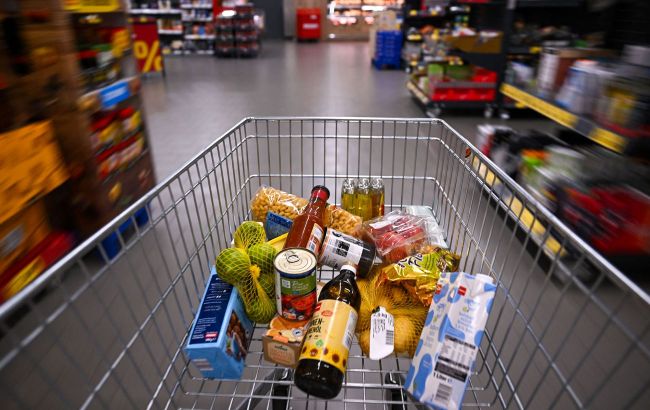This ingredient in many products can trigger heart attack and stroke: New study
 Photo: Sweetener is dangerous for health (Getty Images)
Photo: Sweetener is dangerous for health (Getty Images)
Sweetener in products can increase blood clotting, increasing the risk of dangerous complications, according to the European Heart Journal.
The study
Health experts have issued an urgent warning as research links a popular low-calorie sugar substitute to an increased risk of heart attack, stroke, and cardiovascular-related deaths.
A new study published in the European Heart Journal has shown that a certain type of sweetener may harm our health.
Xylitol, a sugar alcohol, is used as an additive and is 40% lower in calories than real sugar.
It is naturally present in small amounts in fruits and vegetables and is also produced by the human body.
Xylitol can be found in popular products such as sugar-free gum, sweets, bakery products, toothpaste, and items labeled "for keto diets."
Last year, the same research group identified a similar link with another popular sweetener - erythritol.
It is worth noting that in recent years, the use of sugar substitutes has increased due to obesity issues.
As part of the study, researchers measured the level of natural xylitol in the blood of over 3,000 fasting participants. They found that those in the top 25% for xylitol levels had nearly twice the risk of heart attack, stroke, or death over three years compared to those in the lower quartile.
Scientists advise people to avoid xylitol and similar sugar alcohols. Do not hesitate to add a small amount of sugar, honey, or fruit for sweetness.
Products that may contain xylitol include:
- Sugar-free chewing gum
- Toothpaste
- Mouthwash
- Baked goods
- Peanut butter
- Drink powders
- Sweets
- Ketchup and barbecue sauce
- Chewable vitamins
The dietitian talked about the most important vitamin that helps wound healing and bone health.
Also, read about the 7 beneficial fruits and vegetables that everyone should eat this summer.
This material is for informational purposes only and should not be used for medical diagnosis or self-treatment. Our goal is to provide readers with accurate information about symptoms, causes, and methods of detecting diseases. RBС-Ukraine is not responsible for any diagnoses that readers may make based on materials from the resource. We do not recommend self-treatment and advise consulting a doctor in case of any health concerns.

